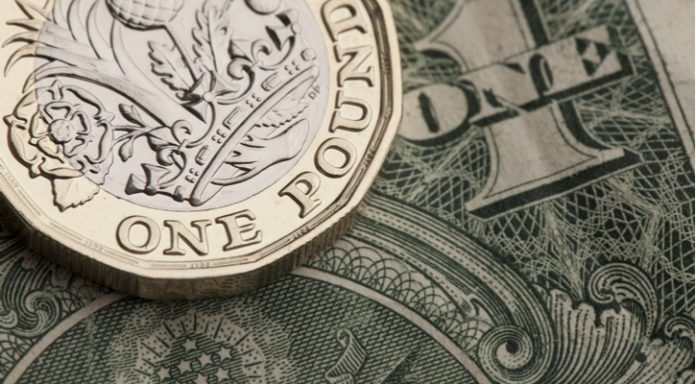The pound traded flat versus the euro on Wednesday as investors continued to digest Brexit headlines and ahead of the European Central Bank decision later today. The pound euro exchange rate dipped in early trading to a low of €1.1151, before recovering the losses later in the session.
| What do these figures mean? |
|---|
When measuring the value of a pair of currencies, one set equals 1 unit and the other shows the current equivalent. As the market moves, the amount will vary from minute to minute. For example, it could be written: 1 GBP = 1.13990 EUR Here, £1 is equivalent to approximately €1.14. This specifically measures the pound’s worth against the euro. If the euro amount increases in this pairing, it’s positive for the pound. Or, if you were looking at it the other way around: 1 EUR = 0.87271 GBP In this example, €1 is equivalent to approximately £0.87. This measures the euro’s worth versus the British pound. If the sterling number gets larger, it’s good news for the euro. |
Fresh concerns over Brexit weighed on sentiment for the pound. The EU rebuffed UK Prime Ministers vision for trade after Brexit, with European Council President Donald Tusk warning the UK that it must lower its expectations for a future trade deal with the EU. Draft guidelines from the EU were published on Wednesday, with Donald Tusk instructing negotiators to take an austere approach, with extremely limited arrangements for regulatory co-operation. Furthermore, the guidelines make no mention of UK financial services, a central pillar to the UK economy.
The paper appears to be a complete rejection of Britain’s stance towards the post Brexit relationship and highlights the huge difference between that still exists between the two sides. This makes the possibility of the two sides reaching an agreement seem increasingly unlikely, and therefore a hard Brexit more likely.
| Why is a “soft” Brexit better for sterling than a “hard” Brexit? |
|---|
| A soft Brexit implies anything less than UK’s complete withdrawal from the EU. For example, it could mean the UK retains some form of membership to the European Union single market in exchange for some free movement of people, i.e. immigration. This is considered more positive than a “hard” Brexit, which is a full severance from the EU. The reason “soft” is considered more pound-friendly is because the economic impact would be lower. If there is less negative impact on the economy, foreign investors will continue to invest in the UK. As investment requires local currency, this increased demand for the pound then boosts its value. |
In the near-term market participants are likely to remain focused on political developments surrounding Brexit. Today the UK economic calendar is one again very light, with just RICS house prices to consider.
ECB rate decision in focus
The European Central Bank (ECB) today gives is monetary policy decision. Analysts are not expecting the ECB to raise interest rates or reduce its bond buying programme. However, analysts are expecting the ECB to tweak its statement marginally to prepare investors for the winding down of the bond buying programme later in the year.
This would be a hawkish move by the ECB but analysts are also expecting Draghi to have a more cautious tone in order to counteract the positivity which could come from the tweak of the statement. Should the ECB make the adjustment, the euro could strengthen as investors consider it a step closer towards the ECB eventually raising interest rates.
| Why do raised interest rates boost a currency’s value? |
|---|
| Interest rates are key to understanding exchange rate movements. Those who have large sums of money to invest want the highest return on their investments. Higher interest rate environments tend to offer higher yields. So, if the interest rate or at least the interest rate expectation of a country is relatively higher compared to another, then it attracts more foreign capital investment. Large corporations and investors need local currency to invest. More local currency used then boosts the demand of that currency, pushing the value higher. |
This article was initially published on TransferWise.com from the same author. The content at Currency Live is the sole opinion of the authors and in no way reflects the views of TransferWise Inc. |





